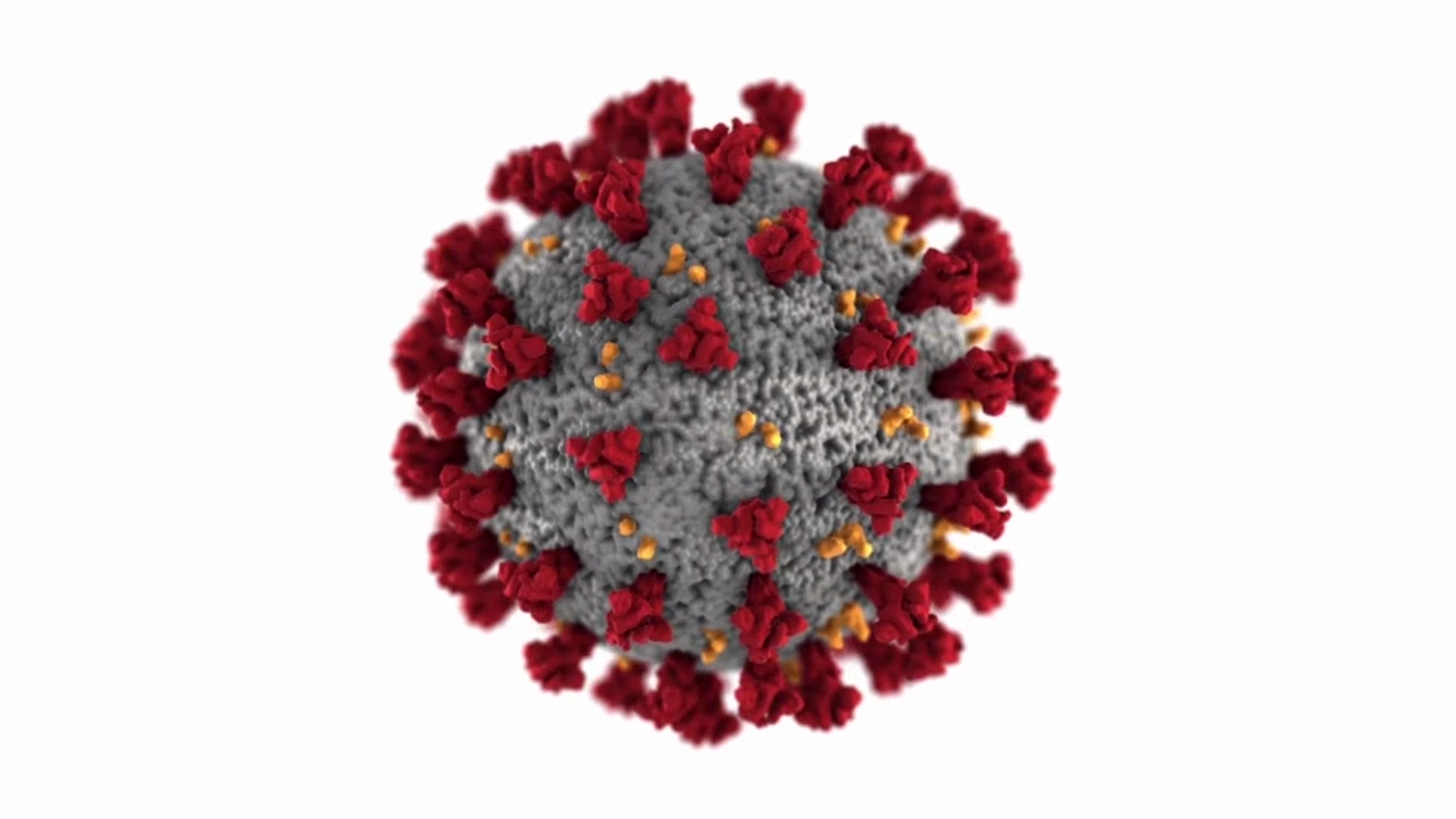The San Diego Convention Center and the city's large event facility, Golden Hall, will become shelter space for hundreds of homeless San Diegans amid the coronavirus outbreak, regional leaders announced Monday.
The facilities will ensure homeless people have a space to practice the Centers for Disease Control and Prevention's recommended guidelines to stop the spread of COVID-19, including handwashing and social distancing -- actions that are difficult for the vulnerable population to maintain while living on the streets, San Diego Mayor Kevin Faulconer said.
"This new approach will help us spread out shelter beds, be more efficient with our staffing and help us to protect some of the people most susceptible to contracting COVID-19," Faulconer said.
At least 240 beds will be spaced six feet apart on the lower level of the Golden Hall facility for individuals already in the city's bridge system who are not showing respiratory virus symptoms. The space is expected to open to nearly 100 single women in the coming days, according to the Regional Task Force on the Homeless CEO Tamera Kohler.
The convention center, while still in the process of being set up, will open for additional members of the homeless community not showing symptoms as soon as possible, San Diego Mayor Kevin Faulconer said.
"The Convention Center is a centerpiece of San Diego's economy and during this pandemic, it will be a centerpiece of our fight against the coronavirus," Faulconer said. "Many events and conventions are on hold for the time being and for right now there is no higher or better use for this facility."
The goal is for these facilities to be able to provide any homeless individual with basic necessities like meals, showers and restrooms. Public health officials will be on site to ensure individuals being housed in these facilities are utilizing safe health practices.
Before the process can begin, families already being housed on the second level of Golden Hall will be moved to some of the about 200 hotel rooms secured by San Diego County for the Regional Task Force, Kohler said. By Tuesday, 55 families composed of more than 150 individuals were moved to rooms at two motels, city leaders said.
“We are giving our most vulnerable neighbors the opportunities to be indoors, wash their hands and maintain a safe distance from each other – all the core tenants of knowing how to stop the spread of COVID-19," said Chris Ward, City Council Member and chair for the Regional Task Force.
San Diego County Supervisor Nathan Fletcher said, in total, the county has secured about 1,900 hotel rooms for any members of the community that are exhibiting symptoms of cough, fever or shortness of breath or people from vulnerable populations with no place to self-quarantine.
“As our testing continues to increase, we are anticipating a significant jump in the coming weeks in the number of positive cases and we need to have those rooms available when that jump happens for individuals who cannot isolate at home" Fletcher said.
Re-routing the homeless population to different facilities is an "incredibly intentional and deliberate approach," Kohler said.
The moves allow the city of San Diego to free up their existing bridge shelters for coronavirus screenings, intake and triage for people living on the streets. The facilities are already staffed with public health nurses; others are being deployed on the streets to educated the homeless about the coronavirus.
Father Joe's Villages, who works with the city of San Diego to operate some bridge shelters, said their organization continues to serve the homeless albeit with some modifications.
Deacon Jim Vargas said their thrift stores and donation centers -- a major source for the non-profit -- have been closed to follow social distancing guidelines. He asked Tuesday for community members to consider donating to their emergency relief fund to help.
Father Joe's Villages continues to provide to-go meals, shower and laundry service to homeless individuals. Health care services like screenings and their street health program are also operating.
Mayor Faulconer said COVID-19 has not yet spread to the homeless population but the goal is to be prepared for the inevitability.
"This is something we are planning for, to do our best to get the most vulnerable in the best situation that they need to be,” Faulconer said.
Senator Pro-Tem Toni Atkins said she has been working with the state to ensure San Diego has the resource it needs in the fight against COVID-19 among the homeless.
The city of San Diego secured $3.7 million in funding from the state and the county of San Diego secured $1.64 million. An additional $1.79 million went towards the Regional Task Force.
Atkins said the funding was on top of $43 million from last year's budget "that should be going out soon."
The Regional Task Force on the Homeless encouraged anyone with questions on how to utilize the services established by their teams to call San Diego County's information service at 2-1-1.
For information regarding COVID-19 from County of San Diego public health officials, visit www.coronavirus-sd.com or text COSD COVID19 to 468-311 to sign up for text alerts.
Get the latest news on the coronavirus in San Diego County here.



